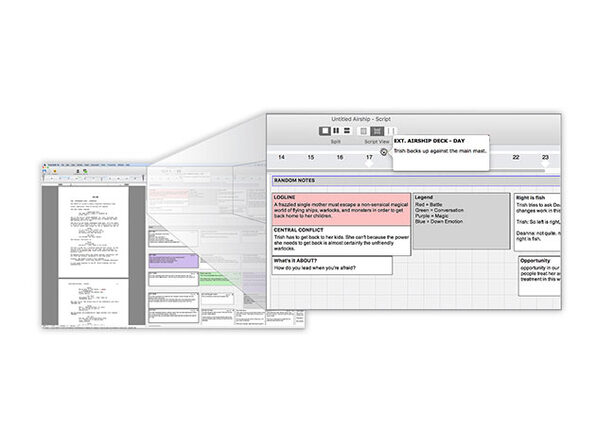

The Final Draft underscores that states reaffirmed norms do not replace or alter states’ obligations or rights under international law – which are binding – but rather provide additional and specific guidance on what constitutes responsible state behaviour in the use of ICTs.

In comparison with the First Draft, the section on rules, norms, and principles precedes the section on international law in the Final Draft – a point introduced by China and highly debated in the second and third sessions this week and opposed by New Zealand, Switzerland, and others. While the designation of critical infrastructure (CI) is within the prerogative of each state, the rise in incidents involving the malicious use of ICTs by state actors and non-state actors (terrorist and criminal groups) increases the chances of attacks against CI such as medical facilities, financial services, energy, water, transportation, and sanitation. On existing and potential threats, the Final Draft Report states that harmful ICT incidents are increasing in frequency, precision, and sophistication, and are constantly evolving with increased likelihood of use of ICTs in future conflicts between states. The report includes an introduction to reaffirm the existing foundations for the Final Draft Report, confirms the leading role of the UN as the forum for negotiations, and provides context for the Conclusions and Recommendations sections.

The final exchange and adoption of the Final Draft is planned for Friday, 12th March. The Open-Ended Working Group (OEWG) has published its Final Draft report after three days of discussions, as well as the Chair’s Summary.


 0 kommentar(er)
0 kommentar(er)
